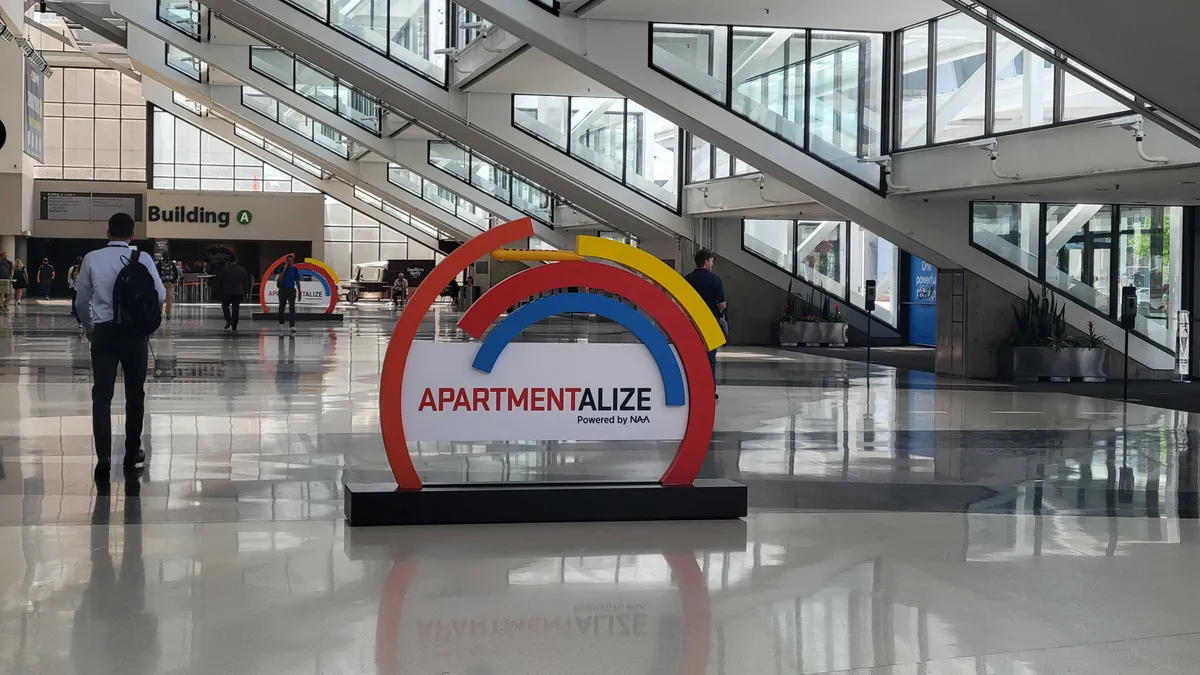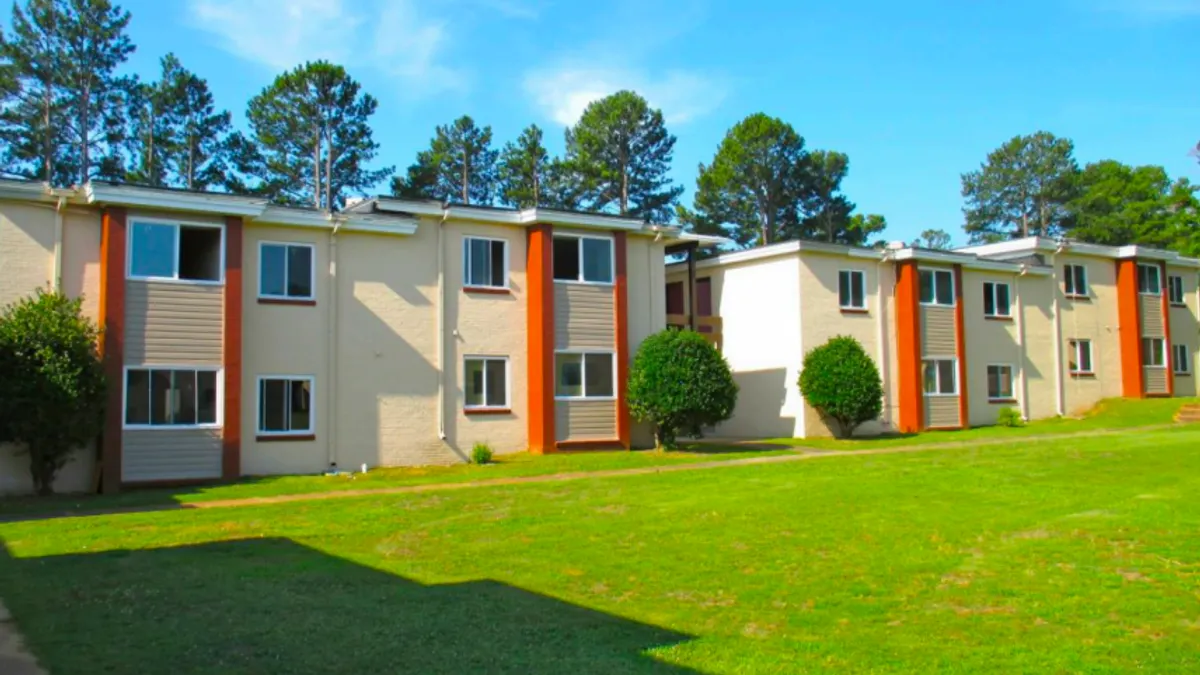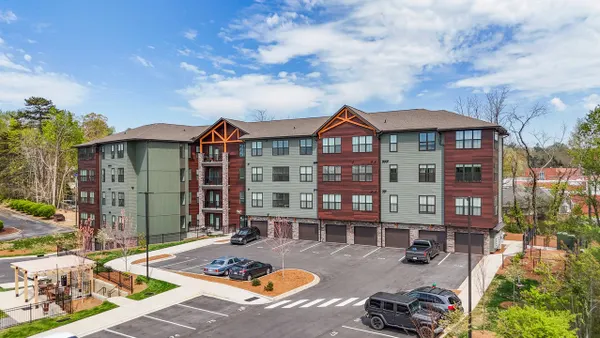ATLANTA — Over the last three years of the National Apartment Association and Appfolio’s annual survey of challenges facing the apartment industry, respondents have consistently cited operational efficiencies, maximizing revenue and profits and staffing and recruitment among their top three concerns.
However, the order has shifted this year. Concerns about staffing have fallen back, from 74% in 2021 to 42% in 2023, while worries over operational efficiencies have jumped 14% YOY to 76% this year.
Paula Munger, vice president of research at the NAA, attributed this shift to the impact of inflation and rising operating costs during a session at the association’s Apartmentalize conference in Atlanta last week. Indeed, 47% percent of survey participants cited inflation as an obstacle to maximizing revenue, and 37% named it as an efficiency challenge.
Munger and two panelists — Stacy Holden, industry principal at Appfolio, and Neil Cadman, president of the Cadman Group — discussed how property professionals can tackle these issues, as well as prepare for the challenges ahead.
Efficient operations
According to Holden, up to 40% of the day-to-day work of running an apartment property is considered busywork. Faced with a need to optimize costs, a number of respondents chose to automate what processes they could in order to reduce the time, effort and money needed to perform them.
“[We are] working to automate more repetitive tasks, educating staff on our processes end to end and empowering the leadership team to make decisions,” said a survey respondent.
However, while there are a wide number of tech solutions and vendors that promise to solve for efficiency, Cadman cautioned that tech adoption may have the opposite effect if not handled carefully.
"We have all of this tech, yet we're still mired in busywork,” Cadman said. “Technology has not made us better, it’s allowed us to put more work on our staff. [And] each time that we leverage something new it’s like we relearn the wheel again. We’re property managers ... We’re not tech people, and sometimes [learning] the tech gets so involved that it’s taking us away.”
Maximizing revenue
On top of rising costs, the apartment industry is also struggling to maintain occupancy and retain tenants.
According to Cadman, filling a vacancy isn’t just generating revenue — it’s protecting it. “A vacancy is writing a check every day and tearing up that money and you will never get it back,” he said.
To protect that revenue, Cadman said, owners and operators must ensure theirs is “the best building on the block” — especially in high-inventory markets where tenants have more to choose from. “Be the company that returns the phone call, be the person that has more open houses,” he said.
It is vital for property managers to work with existing tenants to understand their needs. “We’re in a customer service industry, and it goes right to NOI,” Cadman said. “If you’re nice to people, they will feel important. These are peoples’ homes. When they call to tell you that something’s wrong, it’s in their home.”
Another important piece of the puzzle is the state of landlord and tenant advocacy at the national, state and local levels, and its corresponding effect on policy. Cadman points to Los Angeles — where the COVID-19-era eviction moratorium remained in place for three years, well after the end of the federal moratorium — as an example that directly impacts revenue.
“If that’s not advocacy for tenants, I don’t know what is,” Cadman said. “Our tenants are our lifeblood, they are our partners. If we as an industry don’t solve for affordability, it’s going to be solved for us.”










